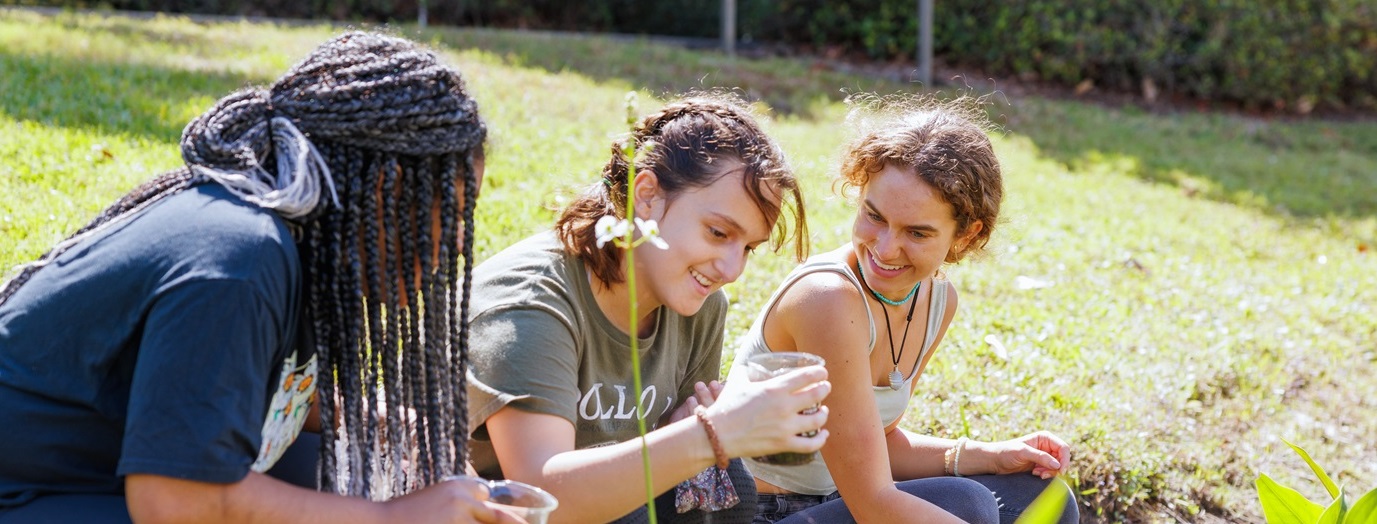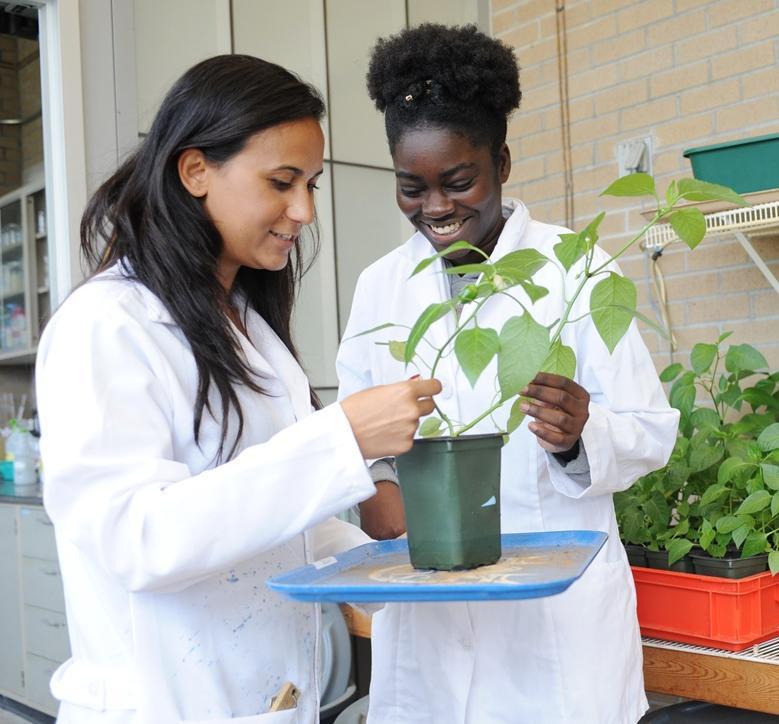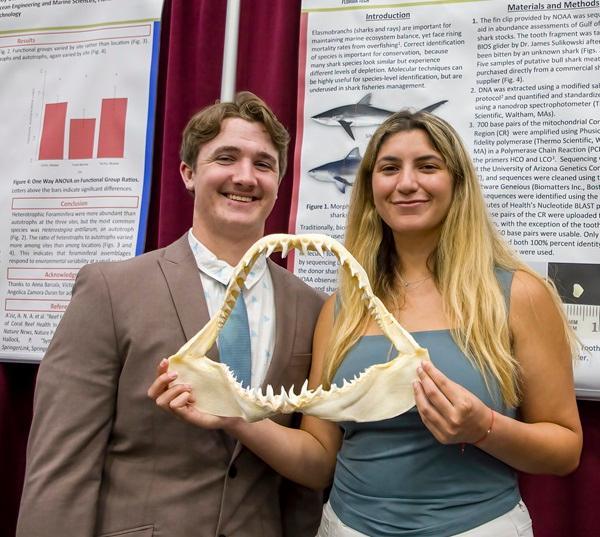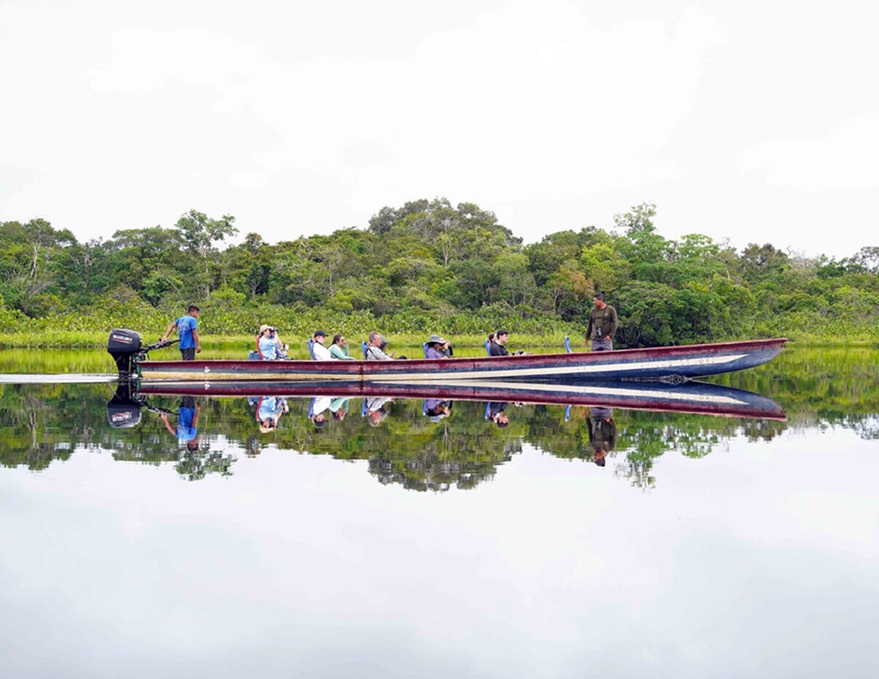Summer Programs Expand Your Horizons—and Your Résumé
Our biology students take research to a whole new level—whether diving in the warm waters of Puerto Rico or hiking a volcano in the Galápagos Islands, observing orcas in the Pacific Northwest or contemplating the ecology of the Amazon!
Florida Tech’s summer field courses are exhilarating, hands-on opportunities that provide you with once-in-a-lifetime experiences and a huge résumé boost for internships and job opportunities.
Image: Professor Mark Bush, center of boat, leads Florida Tech students in a summer field course on the Lagartococha River in the Ecuadorean Amazon. Photo credit: Rich Aronson


 Give to Florida Tech
Give to Florida Tech 



